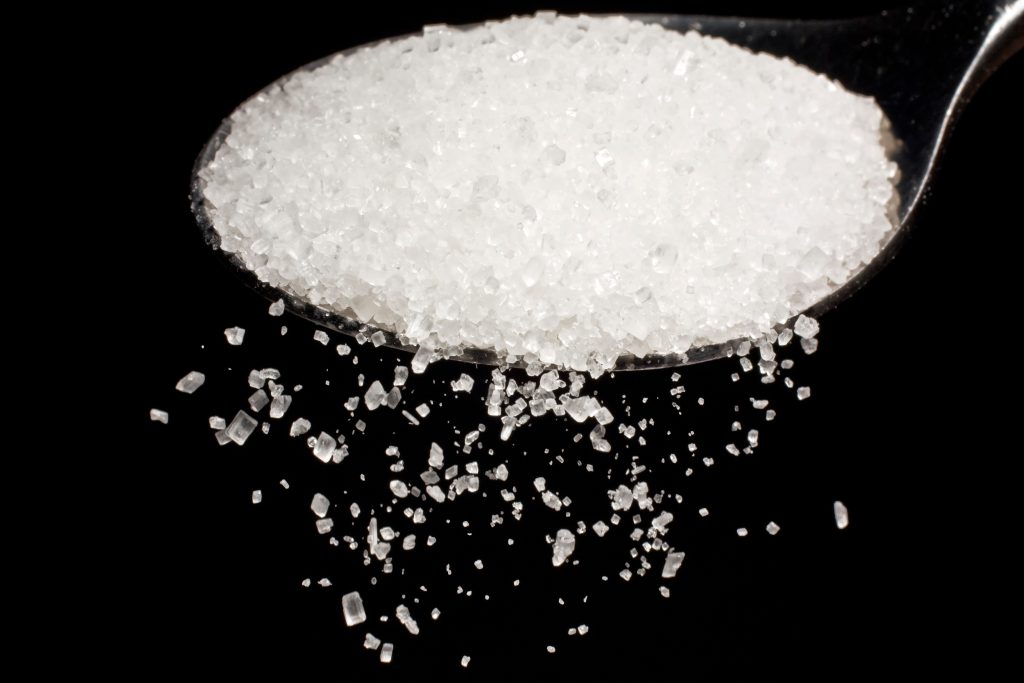Recent media coverage of potential carcinogens in the common artificial sweetener aspartame alarmed people who consume products containing it. A follow-up report on the health impacts by the World Health Organization said there is “limited evidence” it causes cancer in humans.
Leslie Bonci, a registered sports dietician and owner of Active Eating Advice in Pittsburgh, said the U.S. Food and Drug Administration agreed with the WHO’s assessment aspartame is fine to use.
“The most important thing for people to know is that the World Health Organization made clear that aspartame is safe,” Bonci emphasized. “And also reaffirmed the acceptable daily intake of aspartame. So what that level is, is also considered to be safe and appropriate.”
The FDA disagreed with the International Agency for Research on Cancer’s decision to classify aspartame as possibly carcinogenic in humans. It said the WHO labeling aspartame as a “possible” carcinogen does not mean it is actually linked to cancer and is based on what the agency calls “limited research.” The FDA said it will continue to monitor the latest science available on sweeteners.
The Joint Expert Committee and Food Additives concluded the data it evaluated indicate no sufficient reason to change the previously established acceptable daily intake, which is up to forty milligrams. Bonci stressed the sweetener is still a reliable alternative.
“A lot of people like the taste of sweet, but maybe they’re trying to curtail their overall sugar intake,” Bonci pointed out. “Because of some preexisting health concern, trying to optimize their body composition. I see that with my athletes all of the time, and people want to have a choice, and they want to feel comfortable in the choice that they make about the foods and beverages that they choose to consume.”
As temperatures continue to soar, Bonci noted staying hydrated is absolutely vital during the summer months. She recommended Pennsylvanians exercising outdoors can beat the summer heat by avoiding sugary drinks. Eating fruits, vegetables and drinking a lot of water are all major sources of hydration.
“When people are doing intense exercise, getting in some carbohydrates, so this isn’t just eating a hunk of cheese, when you’re done,” Bonci cautioned. “You really have to get in some carbohydrates, because that helps the body recover. And if people are doing any kind of strength training activity, they need to have a little protein as well.”
Bonci stated it is important to stay informed on the health and safety of aspartame from the World Health Organization and Joint Expert Committee on Food Additives as they are the organizations with the science, evidence and the rigorous research on aspartame.




